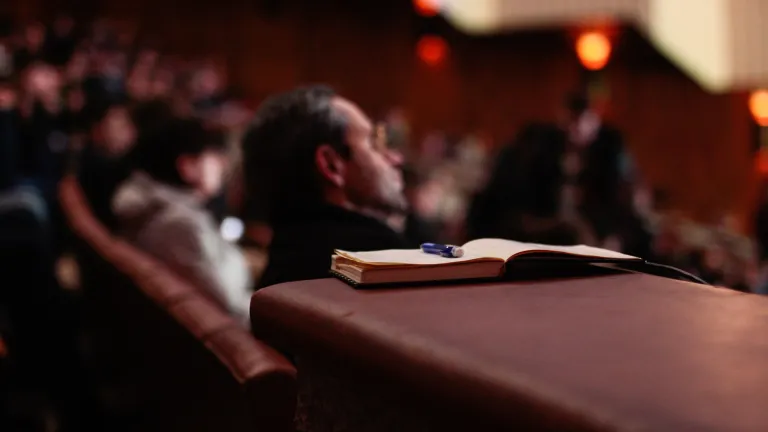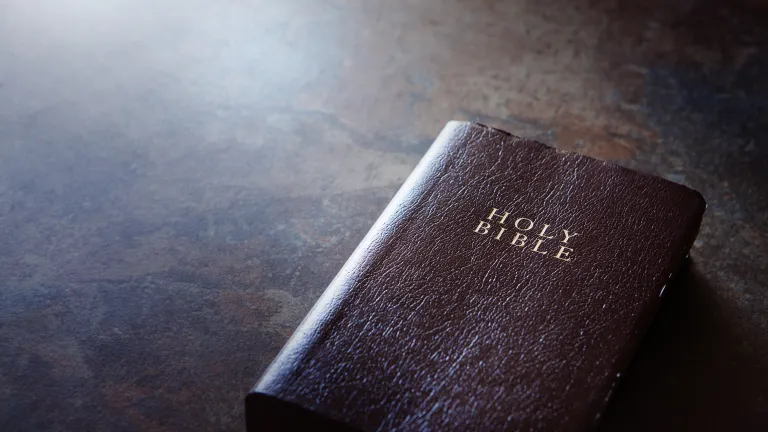Why Should Christians Celebrate the Feast of Pentecost?

Jesus Christ chose the Feast of Weeks (Shavuot in Hebrew) or Pentecost to begin His Church. What is the meaning of Pentecost for Christians today?
The third of God's annual festivals (after the Feast of Unleavened Bread) is the Feast of Weeks, or Pentecost (Leviticus 23:16-21; Acts 2:1). This festival, also called the Feast of Harvest or Firstfruits (Exodus 23:16; Exodus 34:22), was also the day God first granted His Spirit to the New Testament Church of God (Acts 2).
Pentecost portrays God as the Lord of His harvest, choosing and preparing the firstfruits of His coming Kingdom by giving them His Holy Spirit (Matthew 9:38; Luke 10:2; Romans 8:23; James 1:18). The preceding festival of Unleavened Bread pictures our commitment to come out of a sinful life and live our lives by God's perfect laws. But we can't do this on our own. Pentecost pictures God's willingness to give His Holy Spirit to provide the power those He has called need.
God's Holy Spirit empowers us with the love of God, the motivation to obey Him and a sound mind to discern His truth (2 Timothy 1:7; John 15:26; John 16:13). Only those who are led by God's Spirit are called the sons of God (Romans 8:9, Romans 8:14). These Christians have a pledge or down payment on eternal life (2 Corinthians 5:5) and can look forward to the first resurrection, which is to eternal life in God's family.
The Church of God, which began on Pentecost (Acts 2), is given the mission of preaching the good news of the Kingdom of God in preparation for the next step in God's plan, the return of Jesus Christ. This is pictured by the next festival, the Feast of Trumpets.






